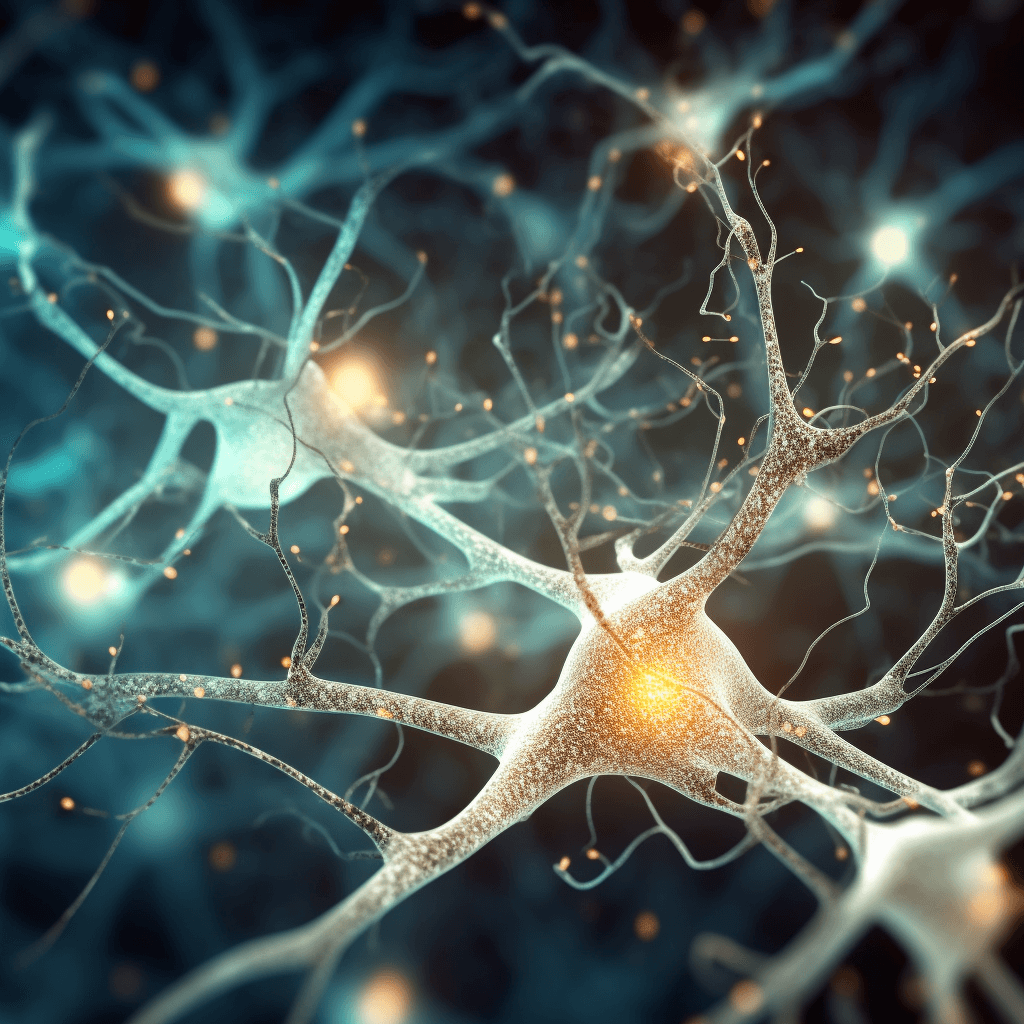Accelerating imagination and creativity
Jun 11, 2023

Accelerating imagination and creativity: Your essential guide
Imagination and creativity serve as indispensable pillars in both personal and professional growth. Harnessing these traits requires a venture beyond the familiar bounds of our comfort zones, embarking on a journey of discovery with new tools and techniques. By embracing these explorations, we have the potential to elevate our creative confidence and amplify our productivity.
Finding your tool
To kick off this journey, choose a single tool that sparks your interest. The aim is not to attempt learning the entire toolkit at once but to gain mastery over one tool that intrigues you. This will not only build your self-confidence but also enhance your ability to learn other tools subsequently. Prioritize understanding the core principles and make regular practice a part of your routine. The initial learning phase may span several days, but the rewards justify the commitment.
Mastering techniques
After grasping the basics, the next step is to hone your technique. One of the most effective ways to learn is by observing and emulating the methods of experts. They have already navigated through the intricacies of these tools, gaining invaluable insights from their professional or personal engagements. Drawing from their experiences can immensely benefit your learning journey and make your problem-solving more efficient. However, this stage might take a few months to complete.
Accountability and deadlines
Accountability forms a critical aspect of your journey towards achieving your goals. Without systems in place to hold you responsible, the learning process may falter. Joining a school, befriending a group of like-minded individuals, or entering a professional circle that emphasizes accountability and enforces deadlines can substantially bolster your learning efforts.
Reducing friction
Efficient and speedy creation is largely a result of reduced friction. By repeatedly practicing actions, they become second nature and interface thought becomes obsolete. Assigning keyboard shortcuts to specific functions can considerably accelerate your work process. Not only does this allow you to complete projects sooner, but it also minimizes the gap between ideation and execution.
Experimentation with tools
Most people who adhere to conventional paths limit themselves to the most commonly utilized tools. However, real mastery unfolds through experimentation with different tools. This approach allows your mind to map diverse tools, identify patterns, and apply these insights to your design problems. Experienced designers leverage this methodology, deploying special techniques not restricted to a single tool but spread across multiple tools.
Nourishing your mind
Your brain is a fertile ground that benefits from constant nourishment. Encourage self-regulating and autonomous thought formations by immersing yourself in a vast array of images daily. These images could span buildings, nature, microscopic organisms, celestial bodies, and more. This exposure enables your brain to generate abstract associations, fostering innovative ideas and cognitive associations.
Structuring thought processes
Understanding the various abstraction levels of the world is fundamental. These could include aspects like culture, politics, material science, religion, physics, language, and technology. Such comprehensive awareness of reality allows you to delve beneath the surface, enabling you to apply intellectual force effectively and ensuring high ROI.
Emotional intelligence
Emotional intelligence is equally vital as technical skills. Scholars like Alain de Botton can provide profound insights into understanding and enhancing emotional intelligence.
Redefining discomfort
The paramount aspect of personal growth is learning how to handle the discomfort that inevitably accompanies it. It's common to feel uneasy when attempting tasks that we're not yet proficient at. Predicting the exact amount of effort required before we can produce something of professional quality is often challenging. A useful strategy is to associate discomfort with more positive sensations, thereby creating a more uplifting feedback loop in our minds. One method to cultivate these novel mental routes might be by delving into stoic philosophy.
Defining a purpose
Crafting a grand vision or purpose for your work can keep you focused and motivated. Aligning your daily schedule with this purpose can infuse meaning into every moment, enhancing the overall experience and output. The purpose needn't be grandiose; a simple, achievable goal that resonates with your state of mind and biology is more than sufficient.
In conclusion, the significance of imagination and creativity for personal and professional growth cannot be understated. By exploring new tools, techniques, and perspectives, your creative confidence and productivity can flourish. The key is to stay accountable, streamline processes, experiment with tools, feed your mind with diverse content, structure your thought processes, develop emotional intelligence, and define a clear purpose. By following these steps, mastery is well within your reach.
Back to blog posts
